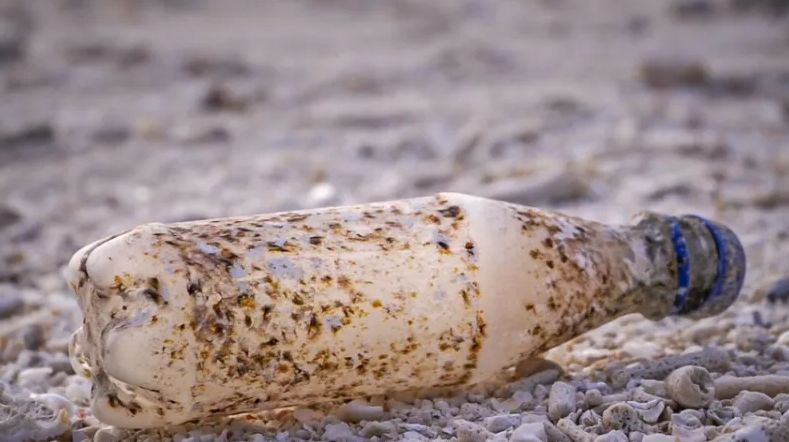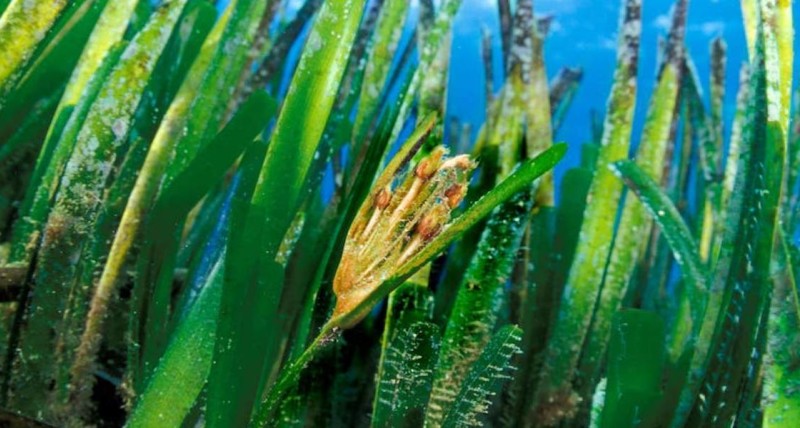Henri Bourgeois Costa: « A treaty that does not address the need to reduce plastic production would be completely lacking in ambition. »
The fifth and final negotiation session for an international treaty against plastic pollution opens in South Korea this Monday, November 25. The Tara Ocean Foundation will participate alongside other environmental NGOs as an observer. The goal: to call for an ambitious target to reduce plastic production and consumption.
« This ‘plastic’ issue has evolved in a very short time, which is quite unique in the history of environmental issues, and the awareness has developed very quickly, which is hopeful, » says Henri Bourgeois Costa, the Director of Public Affairs at the Tara Ocean Foundation.
Negotiations to create a legally binding international instrument have been underway for two years.
This stage in South Korea is expected to be the final one, although as it begins, nothing seems to be tipping the scales. « Today, we can’t say that we’ve made progress in terms of compromise, » says Henri Bourgeois Costa, who will be present as an observer at the negotiations.
Two opposing views
The 175 states represented are divided into two blocs. « More than 70 states and civil society representatives advocate for reducing plastic production, while on the other side, governments of oil-exploiting countries and petrochemical interests hold a radically different view, with much lower ambition, seeking to reduce the debate to the issue of recycling. »
The stakes are high. According to the OECD, global plastic production is expected to triple by 2060, while « experts tell us that we need to reduce plastic production by three-quarters to meet the Paris Agreement goals. »
Reducing production by 40% by 2040?
In previous negotiations, Rwanda and Peru proposed a 40% reduction in plastic production by 2040. For Henri Bourgeois Costa, « that number could be a minimum basis for negotiation. It sounds significant, but it’s quite modest in light of the climate challenges. »
In addition to waste problems, plastics are « major contributors to greenhouse gases and pose toxicity issues since large quantities of chemicals are used to produce them. »
16,000 chemicals have been found in plastics. According to the PlastChem database, more than 4,000 are considered toxic.
An environmental and health issue
For the Tara Ocean Foundation, a common goal for reducing production must be quantified, with an operational timeline to reach that target.
It also calls on states to establish reporting systems on plastic market activities and to create a limited production quota market, along with implementing an environmental tax on plastic production.
Source: RCF




